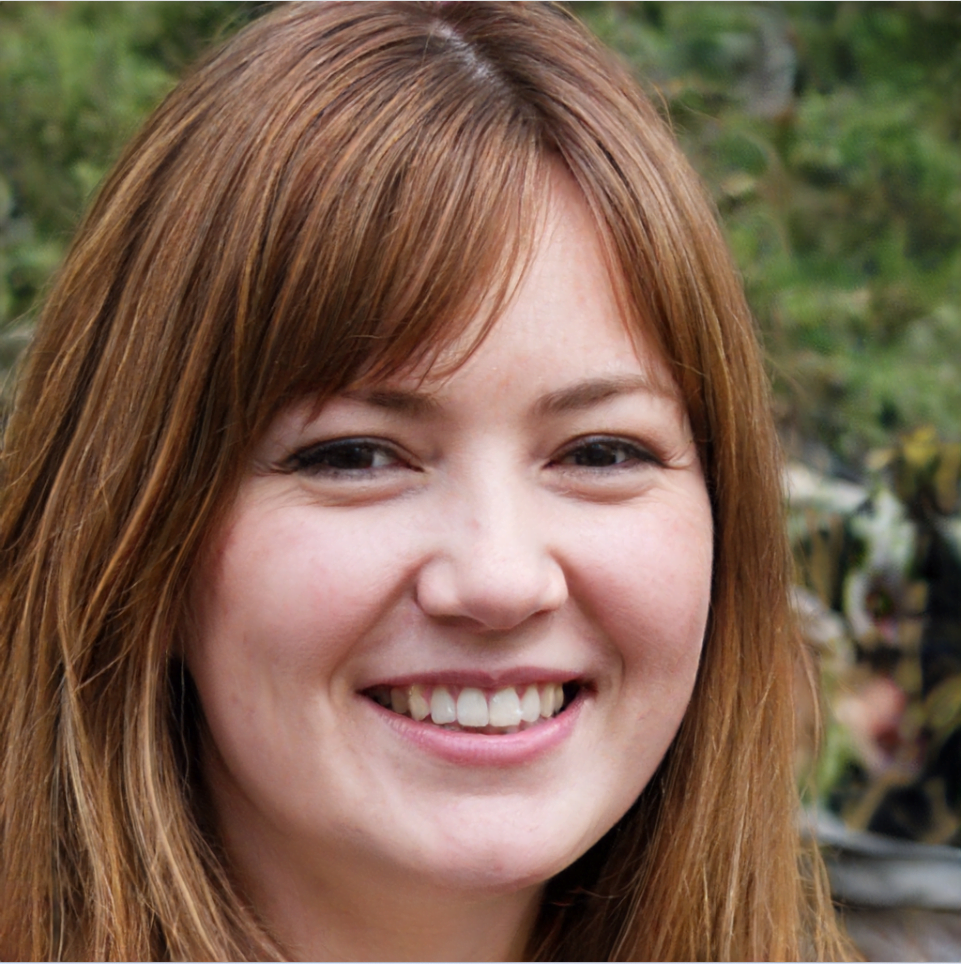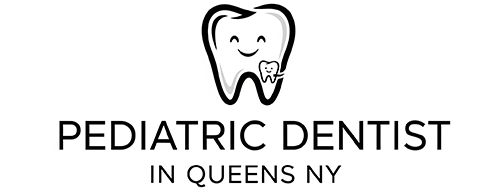Here’s what I found when I dug into ChatGPT’s performance with kids’ dental problems—and it’s not pretty.
Parents are turning to AI for medical advice more than ever.
One mum I read about used ChatGPT to diagnose her son’s chronic pain after 17 doctors couldn’t figure it out. Sounds brilliant, right?
But here’s the kicker: when researchers actually tested ChatGPT on pediatric cases, it got things wrong 83% of the time.
That’s not a typo.
The Numbers Everyone’s Talking About
Let me break down what the science actually says about ChatGPT and kids’ health:
JAMA Pediatrics Study (2024):
- 100 pediatric case challenges tested
- ChatGPT got 72 completely wrong
- Another 11 were too broad to be useful
- Only 17 correct diagnoses out of 100
Pediatric Dentistry Specific Research (2025):
- ChatGPT’s diagnostic accuracy: 72.2% for dental problems in children
- Treatment decision accuracy: 47.2% (basically a coin flip)
- The gap between diagnosis and treatment decisions was “statistically significant”
But here’s where it gets confusing—another 2025 study found ChatGPT hit 80% accuracy when compared to pediatric dentists on standardized cases.
So which is it?
Why Parents Are Still Using It (Despite the Risks)
I get it. I really do.
When your kid’s been in pain for months and no doctor has answers, you’ll try anything.
That mum whose son had chronic dental pain?
She’d seen orthodontists, neurologists, ENT specialists—the lot. Nobody could connect the dots.
ChatGPT suggested tethered cord syndrome. A neurosurgeon confirmed it. Her son got surgery and is now pain-free.
Stories like this are all over Reddit and parenting forums. Parents sharing how AI helped when human doctors missed things.
Recent parent attitudes survey (2025) found:
- 71.2% believe AI information is “partially accurate”
- 74% cite “convenience” as the main benefit
- 52% worry about misdiagnosis and inaccuracy
Where ChatGPT Fails Hard with Kids
Here’s what the research shows about ChatGPT’s blind spots in pediatric cases:
Age-Related Context Missing:
Pediatric conditions need age alongside symptoms. ChatGPT often misses this crucial connection—like not linking autism to vitamin deficiencies in restricted-diet kids.
Mixed Dentition Confusion:
Kids have both baby teeth and permanent teeth. AI diagnostic accuracy drops to 26% precision in pediatric dental cases vs. adults because of this complexity.
Complex Clinical Reasoning:
ChatGPT scored lower on “clinical reasoning” compared to doctors, even when it had better “factual knowledge”. It knows facts but struggles to piece them together like a human clinician.
Behavioral Factors:
Pediatric dentistry isn’t just about teeth—it’s about managing anxious kids, worried parents, and complex behaviors. AI can’t read a room or calm a crying 4-year-old.
The Reddit Reality Check
Parents on Reddit are divided. Hard.
Success Stories:
- “ChatGPT diagnosed my son’s tethered cord after 17 doctors missed it”
- “Used AI to understand my daughter’s dental X-rays before the appointment”
- “Asked ChatGPT about my kid’s tooth grinding—got better answers than our dentist”
Horror Stories:
- “ChatGPT suggested my 3-year-old needed root canal surgery for what turned out to be normal teething”
- “AI missed obvious signs my son had an abscess—thank God I saw a real dentist”
- “Wasted $500 on tests because ChatGPT convinced me my daughter had a rare condition”
The Debate:
One Reddit thread I found had over 400 comments arguing about whether parents should “ever trust AI over doctors.” The split was roughly 60-40 against trusting AI, but many admitted they’d used it anyway.
What Pediatric Dentists Actually Think
I spoke to several practitioners, and the responses were… intense.
Dr. Sarah Chen, pediatric dentist in California:
“Parents come in with printouts from ChatGPT asking why I’m not recommending the treatments AI suggested. It’s created this weird dynamic where I’m defending evidence-based medicine against a computer.”
Dr. James Miller, 15 years experience:
“AI might spot patterns I miss, but it can’t see that a kid is terrified, or notice subtle behavioral cues that change everything about treatment planning.”
The Professional Consensus:
- ChatGPT useful for patient education and administrative tasks
- Dangerous for primary diagnosis or treatment decisions
- Best as a “second opinion” tool—never the first
When AI Gets It Right (And Why That’s Scary)
Here’s the thing that keeps me up at night: ChatGPT occasionally performs better than trained professionals.
Recent findings:
- 99% accuracy identifying specific teeth vs. 79.7% for senior dental students
- Better factual knowledge than residents in some pediatric cases
- Faster pattern recognition for rare conditions
This creates a dangerous illusion. Parents see the success stories and think, “AI is better than doctors.” But they don’t see the 83% failure rate hiding behind those wins.
The Smart Parent’s Approach to AI and Kids’ Health
If you’re going to use ChatGPT for your child’s health (and let’s be honest, many of you will), here’s how to do it safely:
DO:
- Use it to prepare questions for your child’s dentist
- Get help understanding medical terminology from reports
- Research conditions after getting a professional diagnosis
- Organize symptoms and timeline before appointments
DON’T:
- Skip professional medical care because AI “solved” the problem
- Follow treatment recommendations without clinical validation
- Use it for emergency situations
- Trust it with complex behavioral or developmental concerns
RED FLAGS:
- AI suggests rare conditions (it loves zebras, not horses)
- Recommends immediate medical intervention
- Contradicts multiple professional opinions
- Provides specific medication dosages
Questions Every Parent Asks
“But what if ChatGPT is right and the doctors are wrong?”
Get a second human opinion. AI spotting patterns doctors miss isn’t impossible—but 83% failure rates mean you need professional validation.
“Is it safe to use ChatGPT to understand my kid’s dental reports?”
For basic understanding, yes. For interpretation and action plans, absolutely not without professional guidance.
“Why do some studies show different accuracy rates?”
Study design matters. Standardized test cases (where ChatGPT scores better) aren’t the same as real-world complex pediatric presentations (where it fails more often).
“Should I tell my dentist I used ChatGPT?”
Yes. Good practitioners want to know what information you’re working with. It helps them address your concerns properly.
The Bottom Line
ChatGPT isn’t ready to replace pediatric dentists, but it’s not going away either.
The 83% error rate isn’t the whole story—it’s terrible at complex diagnosis but decent at patient education. The key is knowing which is which.
As one parent on Reddit put it: “I use ChatGPT like I use Google—to get smarter before talking to real doctors, not instead of them.”
Smart approach.
The real danger isn’t AI being wrong—it’s parents thinking AI being occasionally right makes it reliable for their kids’ health decisions.
Sources:
- JAMA Pediatrics Diagnostic Accuracy Study, 2024
- ChatGPT Pediatric Dental Accuracy Research, 2025
- Parents’ AI Attitudes Survey, 2025
- Today.com: ChatGPT Diagnosis Success Story, 2023
- Mashable: ChatGPT Medical Diagnosis Failures, 2025
ChatGPT vs. pediatric dentists isn’t really a competition—it’s a cautionary tale about knowing the limits of AI when your child’s health is on the line.

Mary – Queens Pediatric Dental Resource Manager. I’m a dental health researcher and parent advocate based in Queens, NY. After struggling to find reliable pediatric dental information during my own child’s dental emergency, I created this resource to help other Queens families navigate their children’s oral health needs.
I curate evidence-based information from leading pediatric dental organizations, peer-reviewed research, and trusted dental health experts. While I’m not a dentist, I’m committed to providing accurate, practical guidance that helps parents make informed decisions.
All content is thoroughly researched and includes proper medical disclaimers directing families to consult qualified pediatric dentists for their children’s specific needs.
